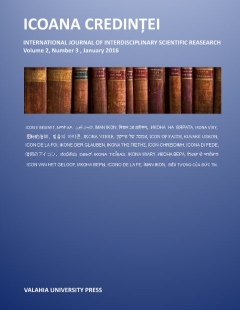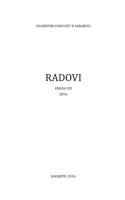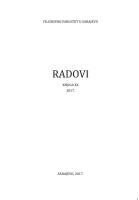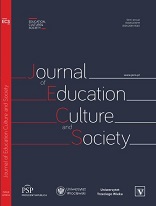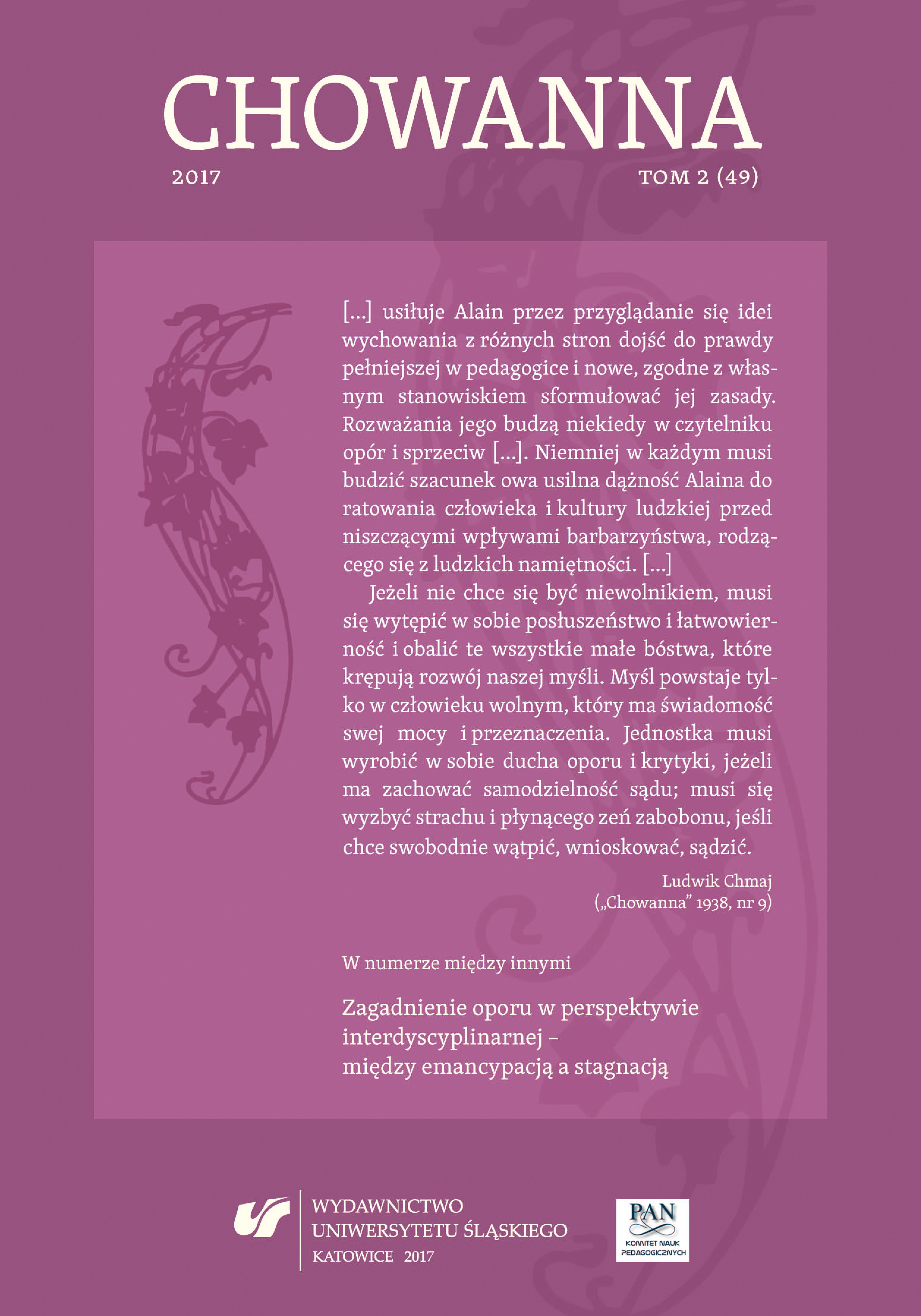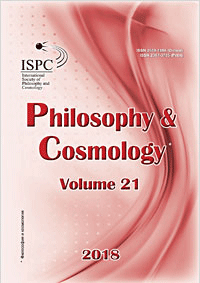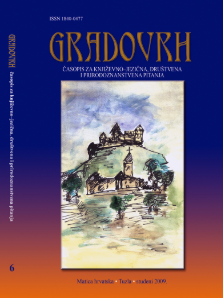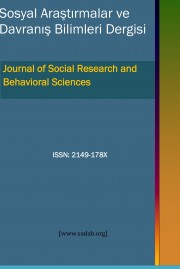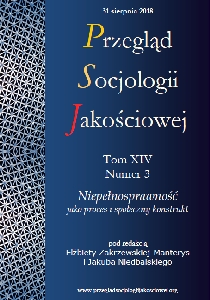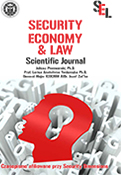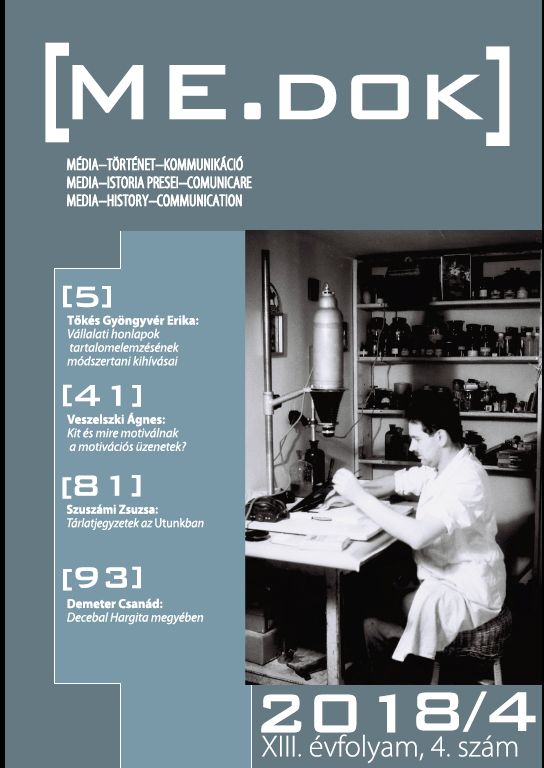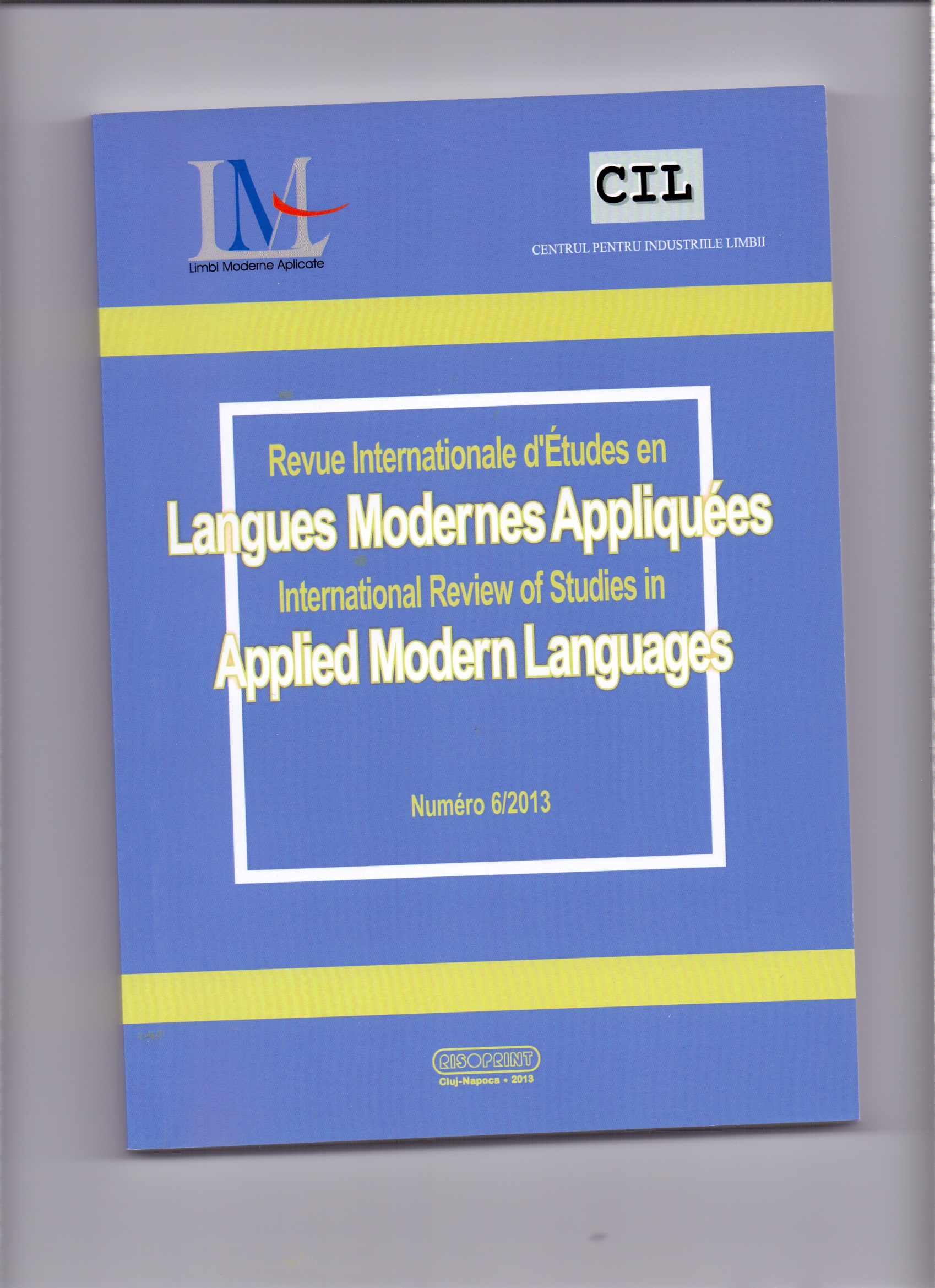Author(s): Syamala D. Hari / Language(s): English
Issue: 21/2018
In the ancient Hindu philosophy known as Vedanta, the mind — understood as an accumulation of memories, desires, emotions, thoughts, etc., including the self, that is, the ‘I’-thought present in every conscious experience — is said to be a sense like any other physical sense: see, hear, touch, taste, or smell. The implication is that mind is also instrumental in creating our conscious experiences but it is not awareness itself. One may ask: if mind is also a sense, then similarly to a sensory experience which need not involve all the five physical senses, do we ever have a conscious experience with no ‘I’ in it? Indeed, Vedanta elaborately describes such a state of consciousness called Samadhi, which lies beyond waking, dreaming, or deep sleep. Vedanta also affirms the existence of a state in which one’s self does not see itself as belonging to only one’s own body/brain and mind but one sees nobody and nothing in the universe as different from oneself; in other words, this awareness (called Universal Self) identifies itself with everything in the universe, whether living or lifeless. Vedanta claims that in our ordinary lives, in those moments when we express love and sympathy towards others, we are indeed in that state of infinite oneness whether we know it or not, and that the expression of love is a manifestation of nothing but the Universal Self.
More...
